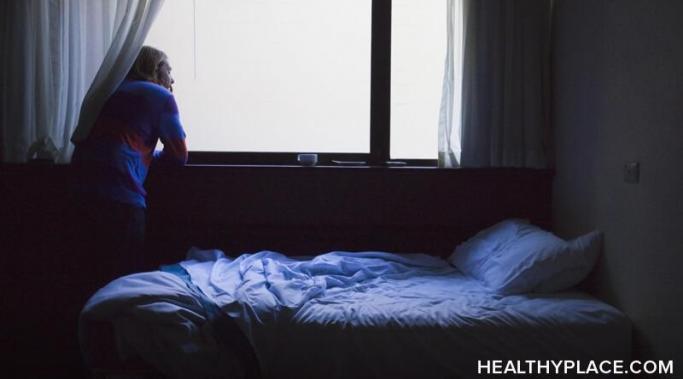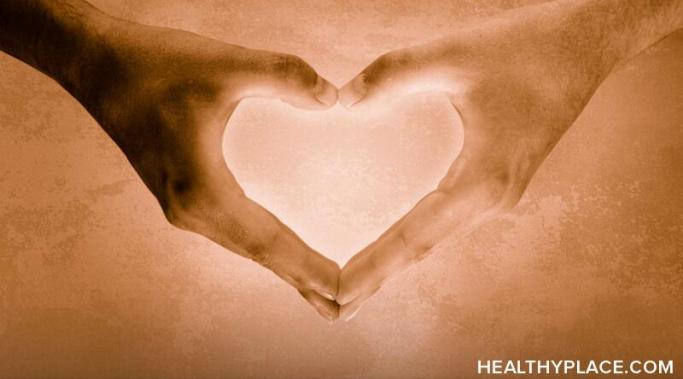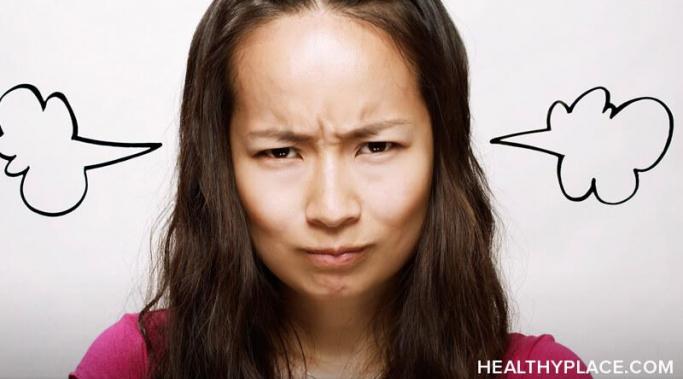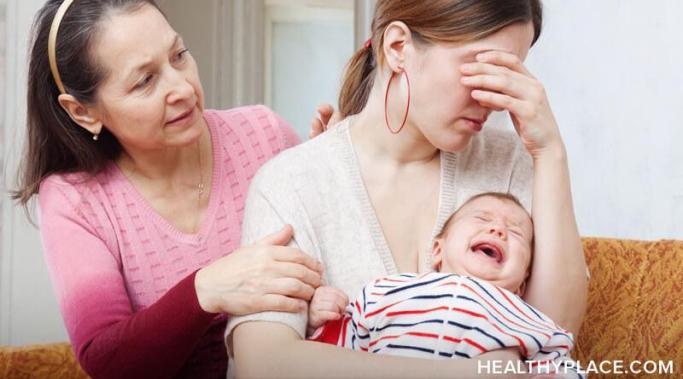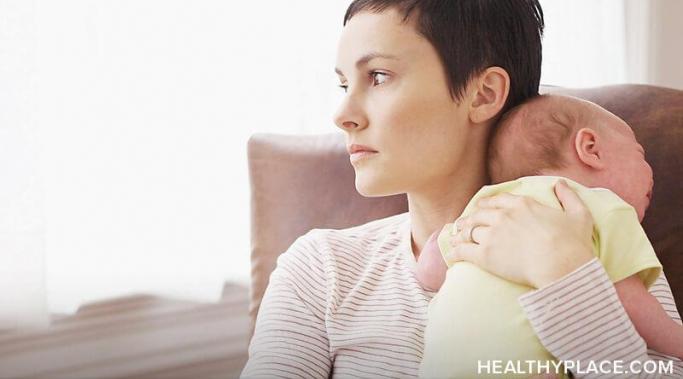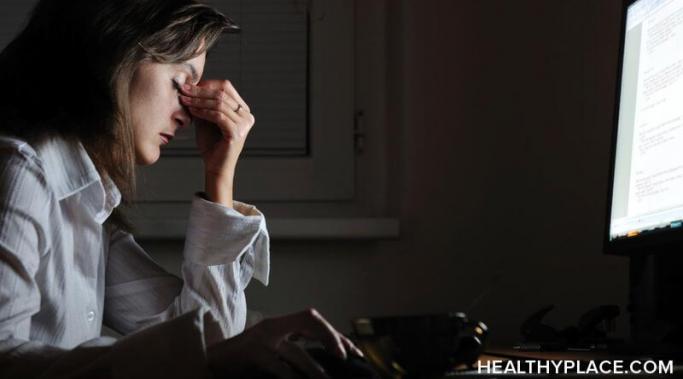Are you struggling to do things that were previously effortless? From eating breakfast to sending a text message, does everything seem impossible? Before you label yourself lazy or incapable, know this: it's not you; when everything seems impossible, it's depression.
Coping with Depression
Has depression made you feel worthless? If so, you are not alone. You may even believe that you are worthless due to depression. Read on to find out how to fight this.
Last week, an online friend died by suicide. While I am still grieving and in shock, I am not surprised. They had been struggling with depression for a while. As someone living with clinical depression for years, I know that thoughts of self-harm and suicide are standard. It is hard not to act on them, and doing so can be fatal. Depression may or may not be visible, but it is always cruel. It impacts every aspect of one's life and can even cut it short. She is the first friend who I have lost to death by depression, and I hope she is the last. However, metaphorically speaking, depression causes one to lose friends. I know this because it has happened to me quite a few times. (Note: This post contains a trigger warning.)
Over a year ago, you welcomed me to the "Coping with Depression" blog. Since then, I have had the opportunity to write specifically about postpartum depression and how it impacted my life. As I write this final post, my hope is that you've found help and encouragement through reading about my experiences with postpartum depression.
Anger can be one of the more destructive symptoms of postpartum depression (PPD). Although not everyone experiences anger, many do. For those who have never dealt with unexplained anger, this can be jarring. You may be questioning why you're feeling so angry all the time. You may want to withdraw from your loved ones due to misdirected anger. You might even feel anger toward your child. In those difficult times, there are some strategies to help you cope with your anger.
If you have postpartum depression (PPD), one of your symptoms might be anxiety. Anxiety can be overwhelming and severely interfere with everyday activities. I remember struggling to breathe as my heart raced and my stomach dropped simply because I was going to a community event. But if you're struggling with anxiety related to postpartum depression, there are some coping strategies that can help you get through it.
Postpartum depression (PPD) does not just affect the individual suffering from it. It also affects the family. If you're dealing with postpartum depression, it can be easy to become so introspective that you lose perspective of those around you. By trying to understand how your loved ones are feeling, however, you can strengthen your relationships while also helping them more appropriately support you.
This time of year can be filled with fun times, special memories, and exciting events. It can also be excruciatingly difficult for those going through postpartum depression (PPD). If you're feeling exhausted, a full social calendar is the last thing you need. If you're struggling with feelings of hopelessness, the last thing you want is to be bombarded with photos of others' seemingly perfect lives. If you're feeling guilty about your parenting, seeing parents do all the things with their children isn't helpful for you. In spite of the emotional toll of the season, there are some strategies that helped me deal with postpartum depression in the thick of the holiday season.
It's no secret that depression can affect your behavior -- that it can cause you to do and say things you wouldn't ever otherwise do or say. But when should you hold yourself accountable for bad behavior? And to what extent does mental illness excuse bad behavior? What kind of allowances should we expect in times of poor mental health, and what kind of allowances should we be prepared to grant to others? When is depression simply not an excuse?
When I had my first child, there were not as many work-from-home options. With the global pandemic, more people have flexible work arrangements. I've had several work arrangements with my children. I've been a stay-at-home mom, a working mom, and a work-from-home mom. There are advantages and disadvantages to each. But regardless of your work situation, each one can present its own unique challenges if you have postpartum depression (PPD). You're going to have bad days, no matter what you do. The question is, how do you set yourself up for good mental health by managing PPD at work and home in spite of those bad days?

